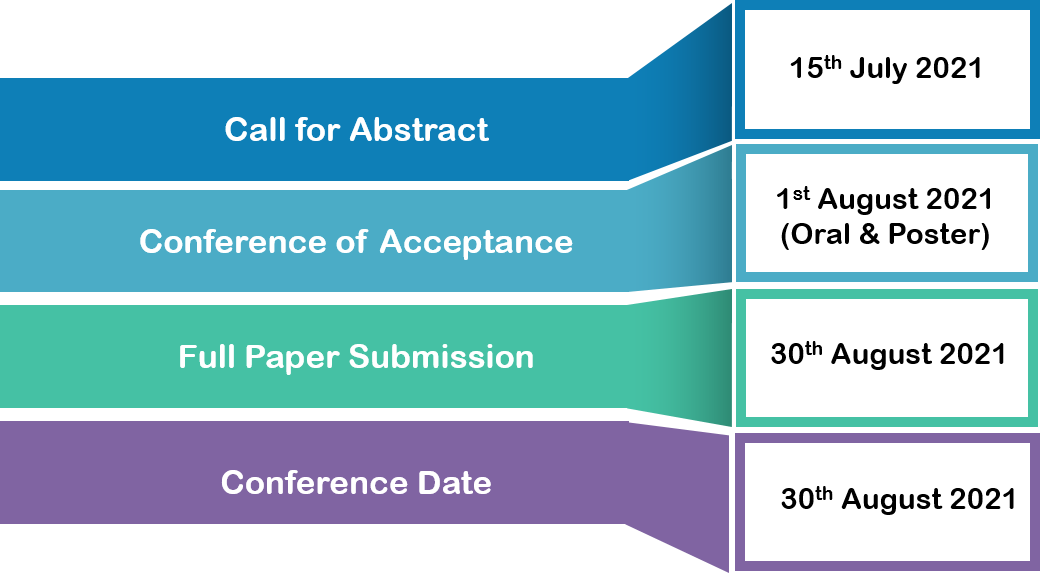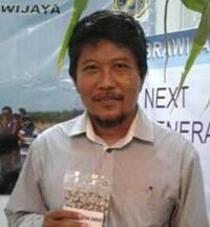- Event Date
- 30th August 2021
- Online Conference System
ICIT 2021
The Government of Indonesia ratified the National Research Master Plan through Presidential Regulation No. 38 of 2018, and is finalizing the Draft Law on the National System of Science and Technology. However, R&D in Indonesia still lacks funds, resources, and productivity. we know that the research will end in a phase where the product is only in the form of prototypes, patents, concepts, models and still requires another stage to the implementation that really takes into account the value to the economy. When researchers stop on the product, it takes a stage to be examined into the economic sector in order to have competitiveness and have economic value. At the individual level, the problem is in the low quality of research and when compared to neighboring countries, the number of publications through international peer review still needs to be optimized. According to the recently announced Times World University Ranking 2019, no Indonesian universities are ranked in the world's top 500 for research. Only the University of Indonesia and the Bandung Institute of Technology are in the top 1,000. Judging from the level of education, less than 25 percent of government researchers have a master's or Doctoral degree. Another issue is that R&D funds are distributed to more than 80 institutions, without adequate strategic focus and coordination. The performance of the universities and other body are challenged due to the low qualifications and expertise of its researchers, remuneration, and professional attitude. We see not many products, patents, and innovations have been produced in the industry level. Inovation and commercialization became hampered. Universities in Indonesia also need to be responsive in answering today's challenges through innovative, industry-oriented research.. Universities should start building good communication with the industry, but there must also be efforts to change the mindset of the industry, so that the industry is not always profit-oriented. In addition, a good approach to bridging between innovation and industry is to conduct integrative communication between researchers, government agencies and industry. This seminar is intended to get input to harmonize researchers and industry in producing innovations that can be used by the community.
International conference on Innovation and Technology (ICIT) is therefore aimed to provide platform for exchange of experiences, innovation and technological changes/advances among academia, scientists, professionals, and/or business in global environment; to initiate collaboration in research and technology with local, national and international stakeholders; and to disseminate research results and its application to communities or industries.
-
Conference topics include, but not limited to:
- Engineering
- Sustainable agriculture & Agricultural engineering
- Basic science/life science
- Information System & Techology
- Green cities
- Green Industries
- Health and medicine
- Management and Business
- Community development
- Social economics
- Public health
- Education
"Bridging Research and Industry Through Technological Innovation"
Keynote Speakers
Assoc. Prof. Dr. Eng. Muhammad Aziz
Energy and Process Integration [EPI], Institute of Industrial Science, The University of Tokyo, Japan
Important Dates

Online Conference System
Please note that due the Covid-19 pandemic issue all over the world, ICIT 2021 will be held as an ONLINE CONFERENCE (REMOTE PRESENTATION) THROUGH VIDEO MEETING
Detailed information regarding the online conference implementation will be informed further.





